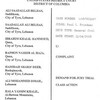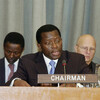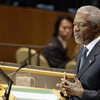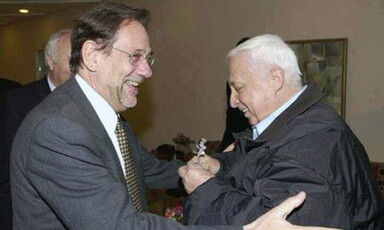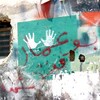
Solana exposes European bias towards Israel once again
18 December 2005
The European Union threatened today to curb aid to the Palestinian Authority if Hamas wins next month’s Palestinian Legislative Council elections. EU foreign policy chief Javier Solana, following his recent shelving of a report critical of Israeli policies in Jerusalem, said during a visit to Israel and the occupied Palestinian territories that if Hamas won the elections, it would be “very difficult that the help and the money that goes to… the Palestinian Authority will continue to flow”. Relations between Israel and the EU have warmed recently, with Israel agreeing to allow EU representatives to monitor the crucial Rafah crossing between Egypt and the Gaza Strip. Read more about Solana exposes European bias towards Israel once again
